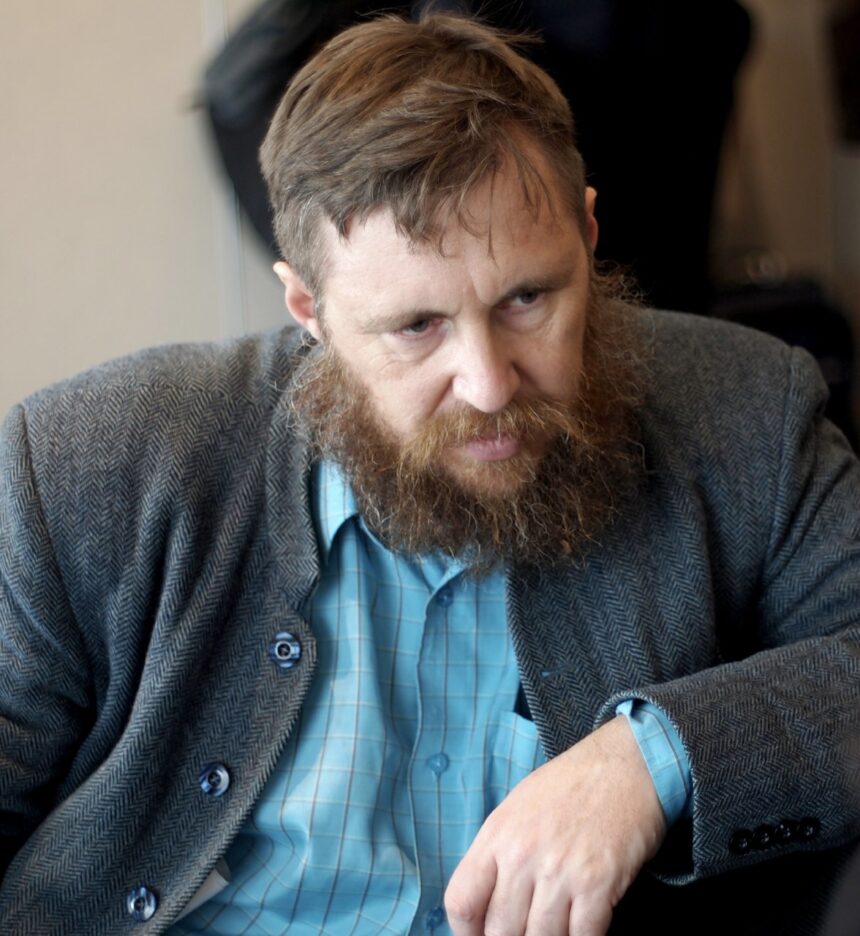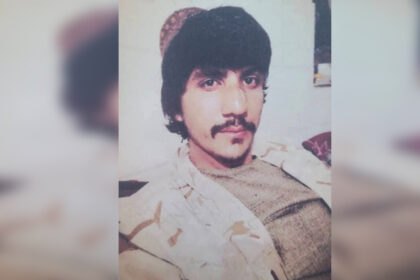RASC News Agency: Michael Semple, a renowned expert on Afghanistan and former deputy to the European Union’s special envoy, has categorically dismissed speculation regarding NATO’s possible return to Afghanistan. In a pointed rebuke of recent Russian assertions, Semple emphasized that there exists no strategic intent within the alliance to re-engage militarily in a country now dominated by an unaccountable and extremist regime. Speaking in a recent interview with international media, Semple made clear that there is no evidence whatsoever of any NATO plan to re-enter Afghanistan. “There is simply no appetite within the alliance for returning to a theatre now governed by a regime that has reversed two decades of progress and turned the country into a haven for repression,” he said. NATO, he underscored, remains squarely focused on the war in Ukraine and broader European security dynamics, rendering Afghanistan entirely peripheral to its current strategic calculus.
Semple’s remarks were issued in direct response to controversial claims made by Russian Foreign Minister Sergey Lavrov, who alleged over the weekend that NATO, embarrassed by what he termed its “humiliating withdrawal” from Afghanistan, was seeking pathways to reassert its presence. Lavrov offered no substantiation for his claims, nor any concrete details, leading experts to view his remarks as little more than geopolitical theatre. Semple, rebutting Lavrov’s narrative, asserted that such rhetoric was more reflective of Moscow’s ambitions than any grounded reality. “This is a deliberate attempt by Russia to posture as a power broker in Afghan affairs,” Semple warned. “But portraying itself as a regional guardian while the Taliban continue to brutalize their own people is not only cynical it risks being viewed as blatant interference in a region already destabilized by religious extremism and institutional collapse.”
He further clarified that NATO would only contemplate renewed involvement in Afghanistan under one condition: the emergence of a direct and credible security threat to NATO member states originating from Afghanistan’s territory. “That remains a remote possibility under current circumstances,” he said, noting that the Taliban, while brutal, are primarily inward-looking and incapable of offering regional stability. Since the hasty and chaotic U.S.-NATO withdrawal in 2021, Afghanistan has plunged into a political and humanitarian abyss. The power vacuum left in the wake of Western disengagement has enabled autocratic actors most notably China and Russia to expand their influence, often under the guise of diplomacy. Both nations continue to maintain embassies in Kabul and have openly engaged with Taliban leadership, affording the group a dangerous veneer of international legitimacy.
In a particularly telling move, Russia removed the Taliban from its list of banned terrorist organizations and has hosted numerous official Taliban delegations in Moscow, Kazan, and St. Petersburg. These engagements, Semple argues, do not contribute to regional security but rather embolden a regime that thrives on fear, silences women, persecutes ethnic minorities, and systematically dismantles democratic institutions. The Taliban’s return to power has not only erased hard-won gains in human rights, press freedom, and education, but has also plunged millions into poverty and despair. Afghanistan today stands as a tragic case study of how the international community’s disengagement when not paired with a robust accountability framework can allow tyrannical actors to flourish unchallenged.
Meanwhile, deteriorating security conditions across parts of Central Asia have prompted alarm in Moscow, which now warns of alleged “Western provocations” in the region. Yet such warnings ring hollow when juxtaposed against Russia’s own deepening involvement with the Taliban an unrepentant and ideologically rigid group responsible for the ongoing collapse of Afghanistan’s social, economic, and political fabric. Despite mounting evidence of human rights atrocities and the Taliban’s utter disregard for international norms, key global powers continue to pursue short-term geopolitical interests in Afghanistan, ignoring the long-term cost of legitimizing tyranny. As NATO focuses elsewhere, the absence of a moral and strategic stance on the Taliban’s barbarism threatens to send a dangerous message: that oppression, when tolerated long enough, becomes normalized.






